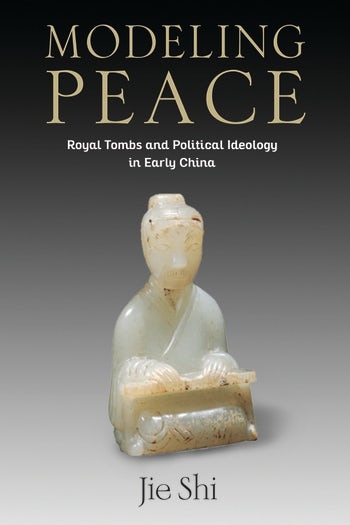Jie Shi

Contact
advises students with last names A-L
Department/Subdepartment
Education
- Ph.D. University of Chicago
- M.A. University of Chicago
- M.A. Peking University
- B.A. Peking University
Areas of Focus
Ritual art and calligraphy.
Biography
Dr. Shi’s research examines how material form, spatial relations, and embodied perception generated cultural meaning in early China, pursued through two interrelated fields: ritual art and calligraphy. A guiding thread across both is topology. While topology originates in mathematics as the study of relational structures, Dr. Shi’s work in art history adapts it towards the lived, sensory, and embodied dimensions of cultural practice.
His early studies of Han and Six Dynasties tombs revealed how architecture, pictorial programs, and ritual objects worked not simply as symbolic codes but as orchestrated environments. In Modeling Peace: Royal Tombs and Political Ideology in Early China (Columbia University Press, 2019), he argued that spatial relations shaped meaning precisely because they were experienced bodily—walked through, looked at, and inhabited. Extending this inquiry, he turned to bronze art, whose meaning arises in the interactive space between subject and object. More broadly, he shows that the meaning of ritual art was not reducible to external iconography but emerged through topological relations that bound object, body, and space together.
In parallel, Dr. Shi explores the space of calligraphy, foregrounding excavated manuscripts and uncurated writings. Calligraphy here is not confined to the classical tradition but treated as an original practice whose appearance was tied closely to the writer's varying social roles. The relational interplay of strokes, characters, passages, and scrolls is inherently topological.
At 91´«Ă˝, Dr. Shi teaches not only introductory courses in Chinese art and visual culture but also advanced undergraduate and graduate seminars on Chinese calligraphy, painting, ritual and funerary artifacts, as well as the art of the Silk Road.
